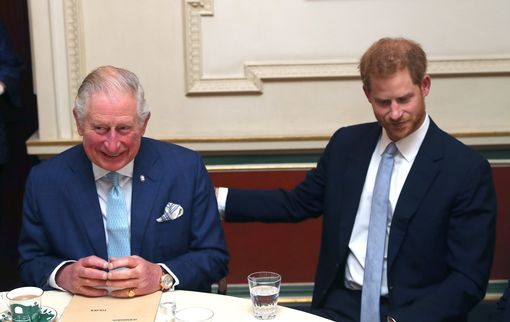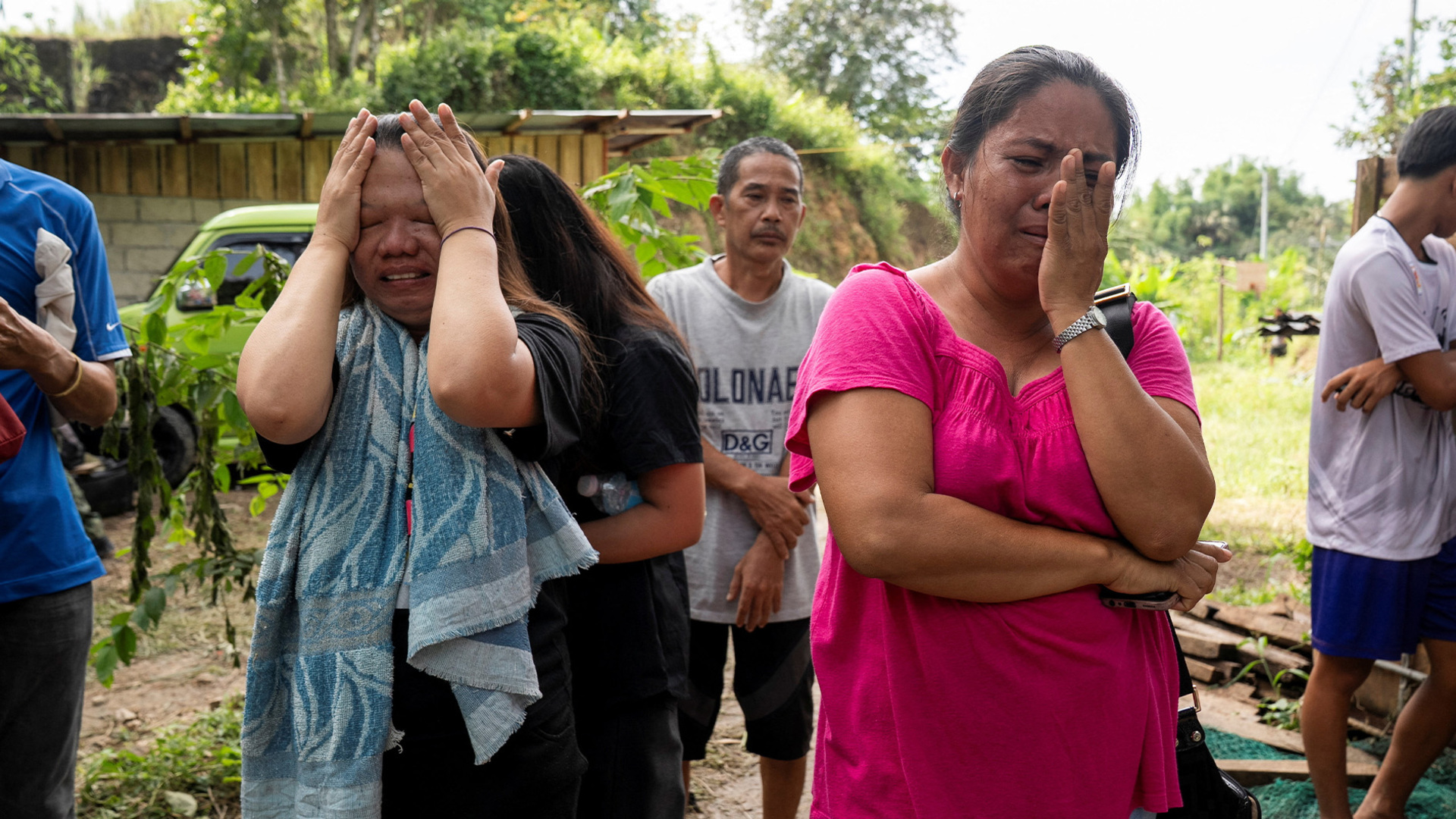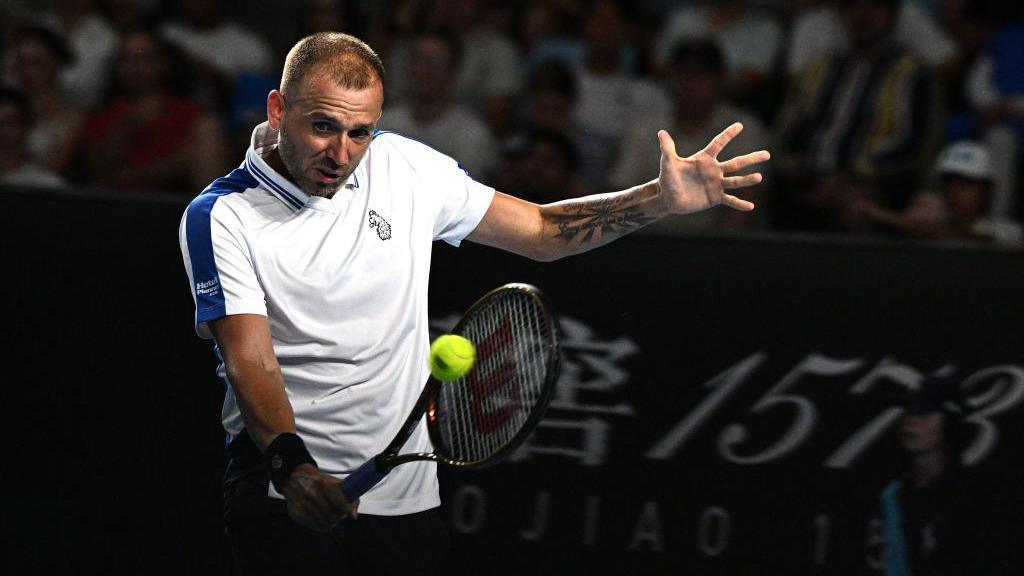Northampton Saints boss Phil Dowson hailed Henry Pollock’s big-match temperament after the England back row scored two tries in their European Champions Cup re-match with Bordeaux.
Beaten by the French club in last season’s final, Prem leaders Saints again came up short when they lost Sunday’s pool game 50-28.
Although in only his second full season as a senior player, Pollock has already earned a love-hate relationship with fans in France.
“For someone of his age to be dealing with that sort of pressure from a really partisan French crowd is impressive,” Dowson told BBC Radio Northampton.
“It speaks volumes about him, and the group supporting him, and about how we want to be, playing in these cauldrons and enjoying it.
- 20 hours ago
- 15 hours ago
- 24 May 2025
Northampton had to make two late changes before the game with England fly-half Fin Smith unable to play because of a calf injury – Anthony Belleau took his place despite a serious mouth injury suffered against Harlequins the previous weekend – and a hamstring problem sidelined James Ramm.
They also had prop Danilo Fischetti and centre Rory Hutchinson sin-binned in the first half and there was no way back from a 24-7 deficit at the interval, despite running in four tries of their own – two of them from Pollock, who was also booed in their opening pool game at Pau.
“We spent 20 minutes of the first half down to 14 men and that makes it very, very difficult, particularly with the quality they have,” said Dowson.
“That was a tough start and the set-piece was clearly under some pressure. But we want to be at the top table, we want to be challenged by these teams because that’s where we’re going to learn the most and we’ll take tons out of that.”
Northampton had won their five previous games in all competitions, but conceded eight tries, including hat-tricks for Salesi Rayasi and Cameron Woki.
They are, however, certain of a place in the knockout stage of the competition because of the bonus point earned in Bordeaux.
“It’s hard to draw conclusions immediately, other than to say we weren’t quite at it in certain areas, and against very good sides, that’s what happens (sometimes).
“That [Fischetti sin-binning] obviously gave them a foothold but that’s not necessarily the whole game, there were lots of times they counter-attacked off turnover ball and bits and pieces like that – I don’t think that’s the whole story, obviously it’s disappointing in the first 10-15 minutes – but credit to the scrum to rectify that and get us onto a solid footing at set-pieces,” Dowson added.
Northampton are third in pool four and round off the Champions Cup group stage at home to Scarlets, who have lost all three games so far, on Sunday (15:15 GMT).
Related topics
- Northampton Saints
- Rugby Union










